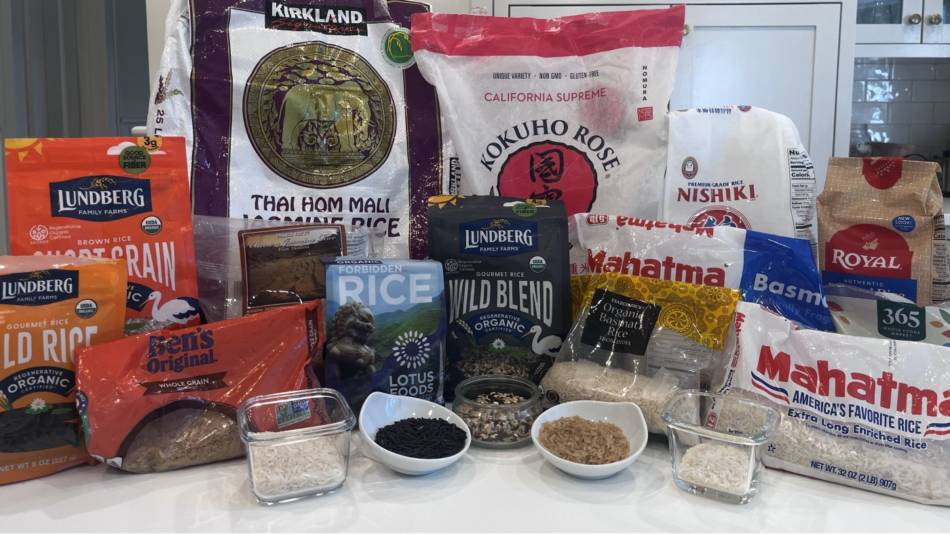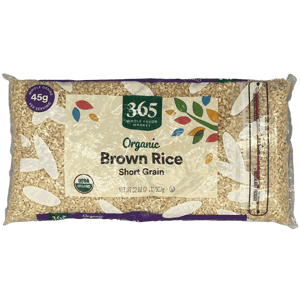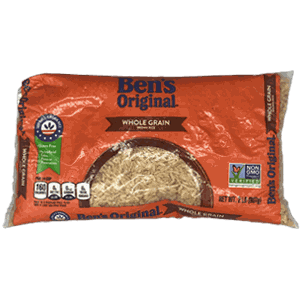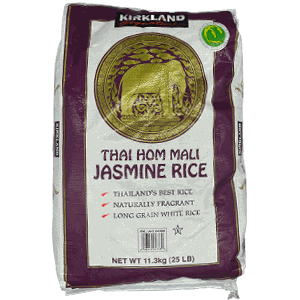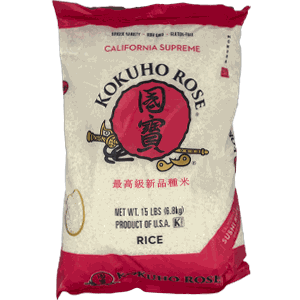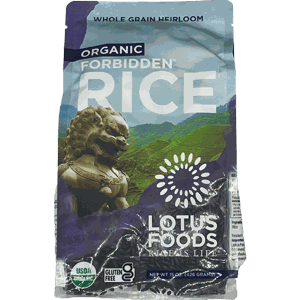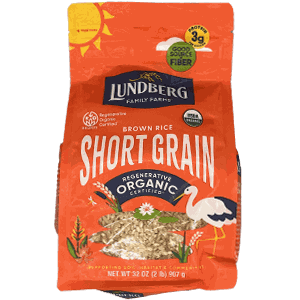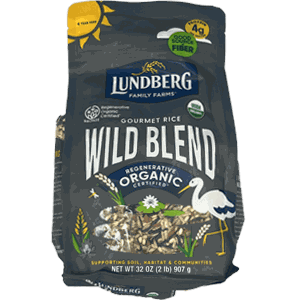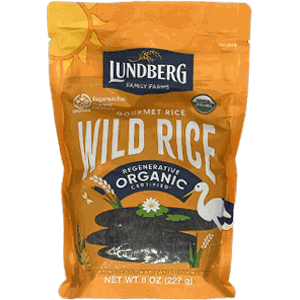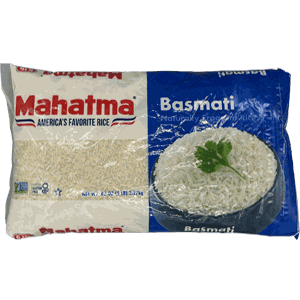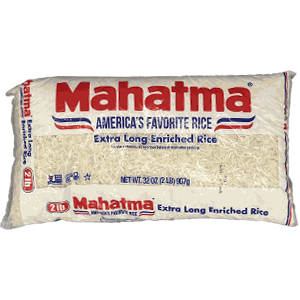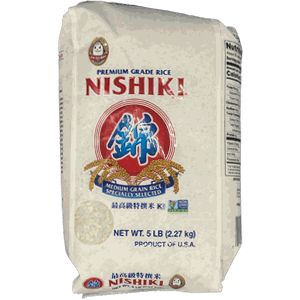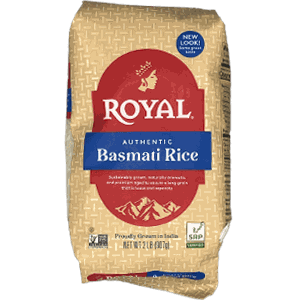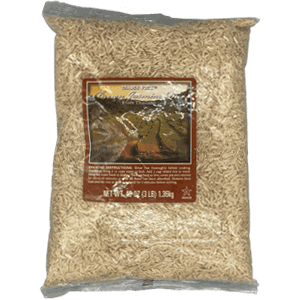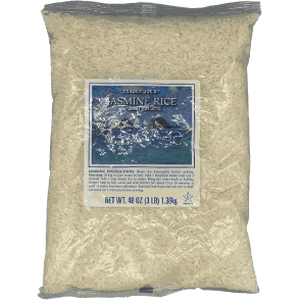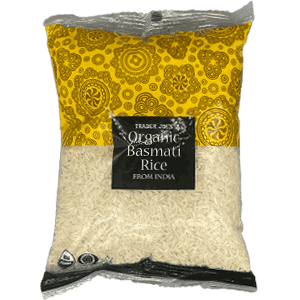Summary
What rice products were tested by ConsumerLab?
CL purchased and tested 15 popular rice products, including medium-grain and long-grain white rice, basmati rice, jasmine rice, brown rice, black rice, and wild rice from brands including Ben's, Lotus Foods, Kirkland (Costco), Kokuho, Mahatma, Royal, Trader Joe's, Lundberg, Nishiki, and 365 (Whole Foods) (see What They Are for how rice types differ.)
What did ConsumerLab's tests of rice show?
Arsenic was found in every rice product, although levels ranged 4-fold. Most, but not all, white rice products (including basmati and jasmine) had lower arsenic levels than brown and wild rice. One rice product was NOT APPROVED due to contamination with a high amount of inorganic arsenic, the more toxic form of arsenic, and we suggest limiting use of several other products that had relatively high arsenic levels. Higher price was generally not associated with lower arsenic (see What CL Found and How Products Were Evaluated).
Which rice is best?
ConsumerLab identified Top Picks for medium-grain white, basmati, jasmine, brown, and wild rice that were low in arsenic and offered the best quality and value.
What are the nutritional benefits of rice?
Rice provides carbohydrates (including some fiber), protein, and several vitamins and minerals, including B vitamins and manganese. Brown rice contains more fiber than white rice, but only about 2 grams per serving versus around 1 gram in white rice. Wild rice (which is not true rice, as explained below) provides about twice as much protein as other rice (see What It Is).

